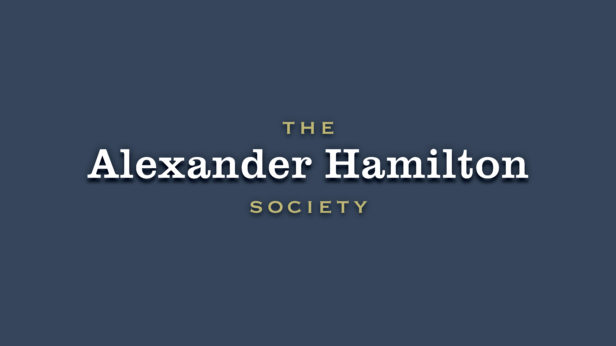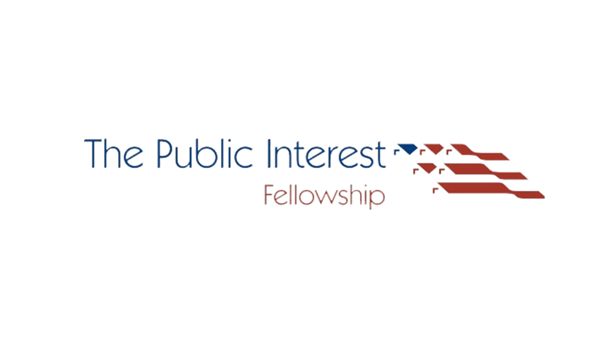U.S. Defense Strategy & the China Challenge
Assess U.S. defense strategy to counter China’s rise.
Fall 2020 – Spring 2021
Washington, DC
President Trump’s National Security Strategy marked a fundamental shift in U.S.-China policy. It acknowledged that engagement has not only failed to integrate China into the international order; it has allowed China to develop rapidly and challenge that order. It labels China as a revisionist power and commits the U.S to compete with China across all dimensions of national power. What does a new era of strategic competition with China look like? Why is such a competition necessary, and what are its stakes? What are China’s objectives, and how do its leaders seek to achieve them? How can the U.S. reshape its strategy to avoid – and yet be prepared for – conflict? Fellows will study with leading experts on the Chinese economy, political warfare, and the role of regional allies through different theaters of competition.
Taught by leading scholars in the field, SSS will consist of 15 evening sessions that meet from September-May and will afford participating fellows an opportunity to gain a breadth of knowledge on critical subjects, forge relationships with senior scholars and practitioners, sharpen analytical frameworks through written and oral arguments, and build a cohort with their peers. Through the lens of strategic competition with China, fellows will examine:
What are our goals and how do we achieve them?
What does the strategic competition look like? What are we competing over?
What do we need to understand about our adversary in order to achieve our goals?
Image: Ministry of National Defense of the People’s Republic of China | Photo by Liu Jun
Aaron Friedberg on the rise of China
Assigned Reading:
Discussion Questions:
Assigned Reading:
Discussion Questions:
Assigned Reading:
Discussion Questions:
Assigned Reading:
Discussion Questions:
Assigned Reading:
Discussion Questions:
Assigned Reading:
Discussion Questions:

In partnership with the Alexander Hamilton Society and the Public Interest Fellowship, we are pleased to sponsor in-depth educational opportunities for public policy professionals in Washington, DC. Ideal candidates are 25- to 35-year old professionals working in national security and foreign policy institutions and organizations, such as government, academia, think-tanks, media, defense and intelligence communities, etc.

The Alexander Hamilton Society is a nonpartisan, not-for-profit, national organization that seeks to identify, educate, and launch young men and women into foreign policy and national security careers imbued with the Hamiltonian perspective of strong and principled American leadership in global affairs.

The Public Interest Fellowship provides exceptional young men and women with professional opportunities and a continuing education in the tradition of freedom. The unique combination of work and study is designed to advance fellows’ pursuit of careers devoted to enriching the political and cultural life of the United States.

Elbridge Colby
Elbridge Colby is co-founder and principal of The Marathon Initiative, a policy initiative focused on developing strategies to prepare the United States for an era of sustained great power competition. He is the author of The Strategy of Denial: American Defense in an Age of Great Power Conflict (Yale University Press, 2021). Previously, Colby was from 2018-2019 the Director of the Defense Program at the Center for a New American Security, where he led the Center’s work on defense issues.

Daniel Blumenthal
Dan Blumenthal is a senior fellow at the American Enterprise Institute, where he focuses on East Asian security issues and Sino-American relations. Mr. Blumenthal has served in and advised the US government on China issues for more than a decade.

Christopher J. Griffin
Christopher Griffin is a national security expert, specializing in U.S. foreign and defense policy toward the Asia-Pacific. He served as legislative director to Senator Joseph I. Lieberman, advising the senator on the full range of legislative proposals and key votes. He serves as a Field Artillery Officer in the Army National Guard.
James M. Dubik
LTG James M. Dubik (U.S. Army, Ret.) is a Senior Fellow at the Institute for the Study of War and a Professor at Georgetown University’s Security Studies Program. General Dubik has extensive operational experience in Iraq, Afghanistan, Japan, Korea, Thailand, Bosnia, Haiti, Panama, and in many NATO countries.
Frederick W. Kagan
Frederick W. Kagan is a Senior Instructor with the Hertog War Studies Program at the Institute for the Study of War. The author of the 2007 report “Choosing Victory: A Plan for Success in Iraq,” he is one of the intellectual architects of the successful “surge” strategy in Iraq. He is the Director of AEI’s Critical Threats Project.
Kimberly Kagan
Kimberly Kagan is a Senior Instructor with the Hertog War Studies Program and founder and president of the Institute for the Study of War. She is a military historian who has taught at the U.S. Military Academy at West Point, Yale, Georgetown, and American University.

Eric S. Edelman
Ambassador Eric S. Edelman is Counselor at the Center for Strategic and Budgetary Assessments. He retired as a career minister from the U.S. Foreign Service on May 1, 2009. He has served in senior positions at the Departments of State and Defense as well as the White House, where he led organizations providing analysis, strategy, policy development, security services, trade advocacy, public outreach, citizen services, and congressional relations.